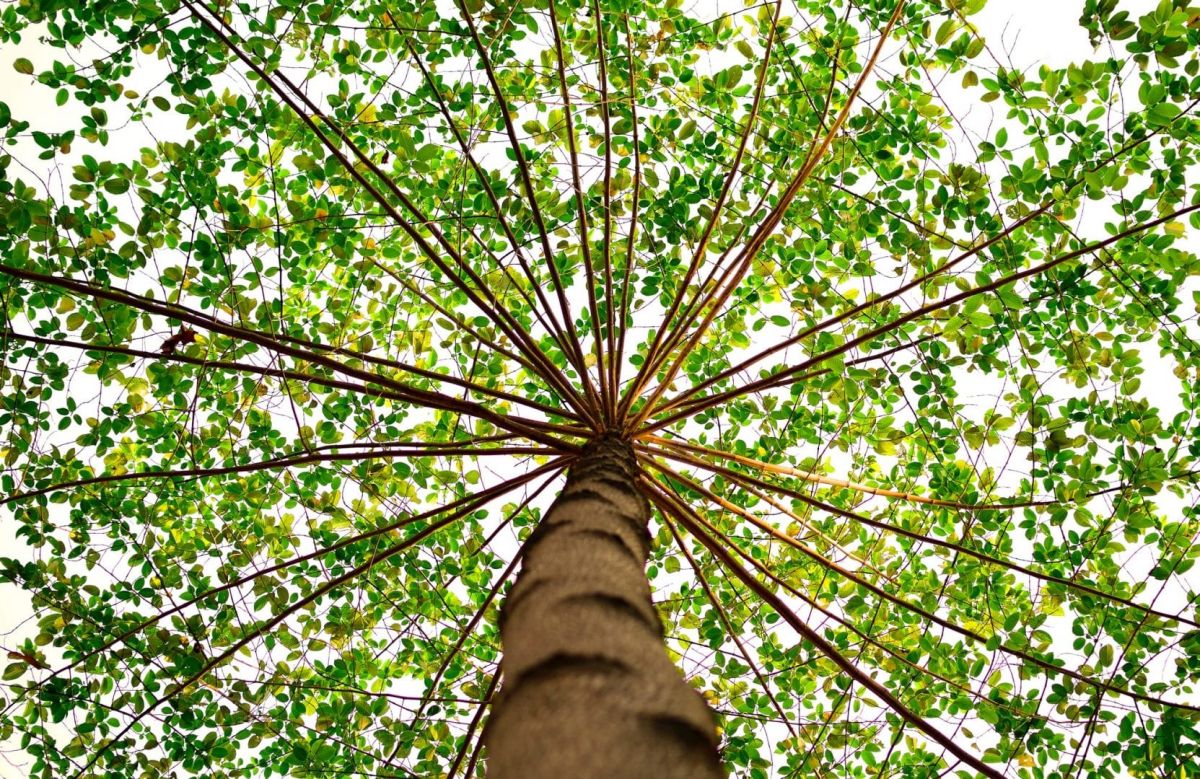The Revolution of Sustainable Plastics

The present situation
As we enter 2021, we look back on the previous year with a lot of hurt, anger, and other negative connotations. However, one good thing that came from everyone not going outside to drive, litter, or throw things in non-recyclable bins is the fact a lot of pollution output steadily decreased — something the eco-nerds were very happy about.
The awareness of global pollution has been increasing in the mindset of nearly everyone, and for good reason. Ever since the first oil companies began refining petroleum there began to develop a huge dependence on cheap, single-use products. For the companies making such products, I’m sure that ‘Glory Hallelujah’ was playing in their heads; however, in the last 100 years or so, the entire human race has gone through approximately 150 trillion barrels of oil.
That is around 23.850 trillion litres (2.385*1016 litres). This figure is even more striking when considering there are approximately only 1.3*1024 litres of water on the earth. We have and are increasingly burning through entire oceans’ worth of oil. The rate of consumption rises as the standard of life increases with it.
Why all the fuss?
Imagine you’re in a house, with yourself and too many other people to feed. Now you can go into your garden, pick the raw ingredients, wash, prep, and cook them each and every day. Or you can go into your pantry. That reaches far back and has been stocked over a very long time. You can get your canned goods, ready meals, and already prepped food to microwave to feed. Which sounds easier, cheaper, and faster?
To get products from oil is reaching into the pantry. Nature has been stocking it for millions of years and it is easier to get at platforming chemicals that can be made into your everyday synthetic materials. However, in the last century, all of humanity has been reaching further and further in and now it is half empty and likely to be out of stock at some point soon. So, until the price of oil becomes outrageously expensive (and no oil barons go to war), ‘Bioplastics’ are the costly alternative.
For something to be considered a Bioplastic it has to be made from biodegradable materials. They leave much less trace on the environment and are more sustainable because they can be more easily broken down than standard, single-use plastics.
Now let’s go into the garden. We see plants and trees that will be pulverised, compressed by the earth, and eventually become oil in millions of years. But we cannot wait that long. Deforestation and burning release carbon from eons ago at a rate where humans are now having to create all kinds of technology to assist trees in getting rid of this excess carbon in the atmosphere.
But as oil depletes, where can we get our milk bottle material, our vegan jackets, our sporks? A very novel idea is from the cellulose within all plants. Let us not forget, for all of humanity’s great strides, nature is the ultimate chemist. And if it knows how to compress dead trees into oil, where do those properties start in living ones?
A new image for plastics
First, we start at biomass (genetic term for living matter as fuel) — this is the crops and plants. With over 170 billion tonnes annually being produced globally, the majority of these are carbohydrates. The breakdown materials of carbohydrates (sugars, starches, and cellulose) then must be processed into smaller and more ‘useful’ molecules (saccharides). The most common approach to this, in the same manner our weekend wine is made, is fermentation. This involves the use of biocatalytic processes to create ethanol from saccharides; however, this is not very efficient. Luckily, there are other methods.
The use of different bio-reactions allows for starches from crops to be converted to glucose, which is in many products already. But to get to plastics we need a better ‘platform chemical’ such as fructose. We convert glucose into fructose through a combination of either metal coordinated enzymes or using industrial zeolites (which act as molecular sieves to allow only certain reactions or products). The chemistry involved requires the translocation of one Hydrogen molecule which allows for a carbon-oxygen double bond to form (this is known as a 1,2- Hydride Shift). This results in a change of functional group.
Despite this fructose is still very functional, meaning that it isn’t a flexible enough chemical to do more yet. It then must be converted into a final platforming chemical: HMF (hydroxymethylfurfural). This can then undergo various reactions to yield new products such as bioplastics.
To get from biomass to fructose to HMF, just so we can start reacting this chemical to make our bioplastics is a long and tedious process, so it’s no wonder we have been going into the pantry for so long). However, the viability of this cannot be understated when the entire polymer industry needs to re-think its production.
Food for thought
Two products that emerge from the process of making bioplastics are ethene and DMF: both are carbon compounds, meaning this process is renewable and neutral. And the pathway described in this article is just one of many being investigated.
Through the voices of Attenborough and Thunberg (it’s an eco-article, they have to be mentioned) we know that the planet is facing a dire straits. Whilst going into the pantry allowed for a revolution of industry, production, and products, this lifestyle is now longer sustainable.The truth is, nature has been burying all the excess carbon deep underground for a reason, and now we are reaching the end of it. If we want all the luxuries and standards of life to continue, and not devolve into ‘Mad Max’ we must start looking into Bioplastics as the future and recycling all that is left.







